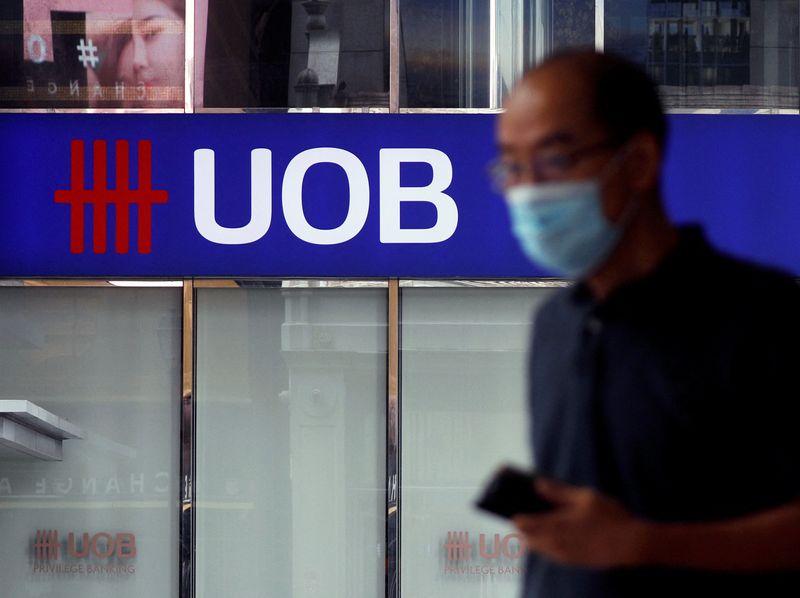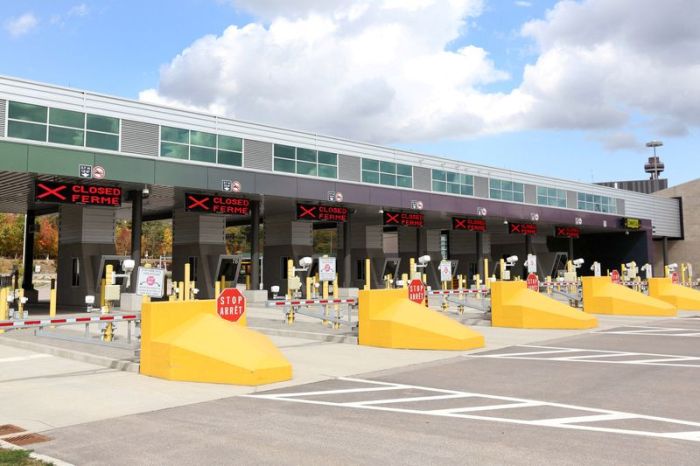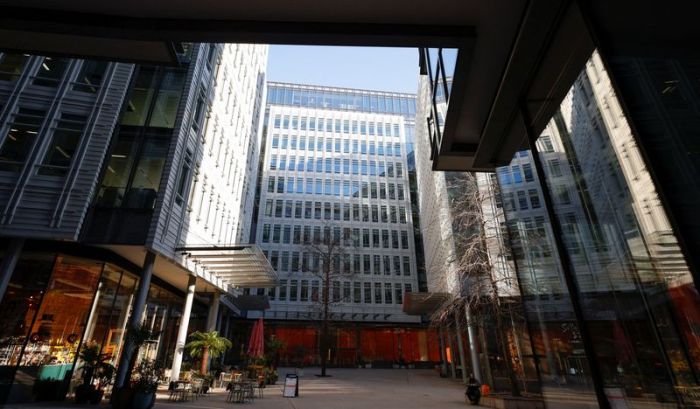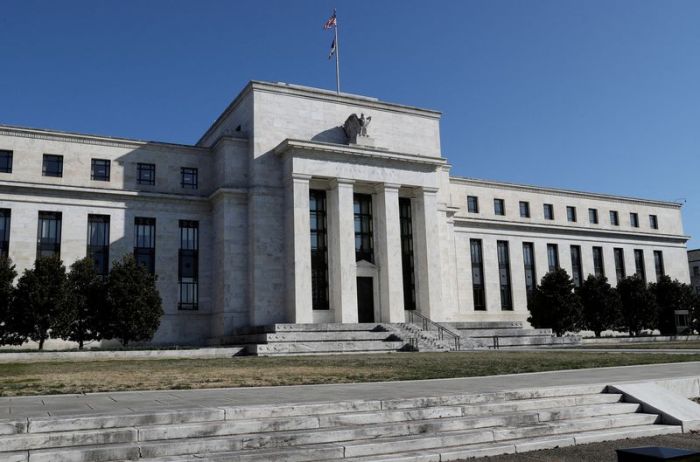SINGAPORE (Reuters) – Citigroup has agreed to sell its consumer business in four Southeast Asian markets to United Overseas Bank (UOB) for about S$5 billion ($3.7 billion), bringing the U.S. bank closer to its goal of exiting retail operations in 13 markets.
The proposed acquisition by Singapore’s UOB will be its biggest in two decades and double its retail customer base in the four markets in Southeast Asia, where the bank already has a substantial presence and competes with larger rivals including DBS Group and OCBC.
“From the integration standpoint, acquiring from a single, reputable seller with a uniform franchise will reduce complexity. One bank, one platform, one model,” Wee Ee Cheong, UOB’s deputy chairman and chief executive, told reporters and analysts at a briefing on Friday.
UOB, Southeast Asia’s third-largest bank, is acquiring Citi’s unsecured and secured lending portfolios, wealth management and retail deposit businesses in the four countries. This includes 24 branches.
Citi’s consumer business in the markets employs about 5,000 employees, who will be transferred to UOB.
Kevin Kwek, a senior analyst at Sanford C. Bernstein, said the deal will help UOB to “play a bit of catch-up on scale”.
“It’s good in that it is small and affordable, and at 1.2 times book, not too bad for Citi’s assets which are known to be high quality.”
UOB shares rose 2.4% to a four-year high, outperforming in the Singapore market.
Citi’s exit from Southeast Asia comes after CEO Jane Fraser said last year the bank would close retail operations in 13 markets, including 10 in Asia, to refocus on its more lucrative institutional and wealth management businesses.
“Focusing our business through these actions will facilitate additional investment in our strategic focus areas, including our institutional network across Asia Pacific, driving optimal returns for Citi,” Peter Babej, Citi’s Asia Pacific CEO, said in a statement.
Sources said local banks in Southeast Asia were also interested in Citi’s assets but UOB clinched the deal after agreeing to buy all the four retail units.
UOB, which has a market value of about $$50 billion, has been keen to grow outside its core Singapore market, like its bigger Singapore peers, who are all building on a recovery from pandemic-hit markets.
Last year, Citi agreed to sell its Philippines’ consumer banking franchise, wound down its South Korean consumer bank and sold its Australian consumer banking business. Earlier this week, it announced plans to sell its Mexican consumer banking business.
Citigroup had said it would also exit retail operations in India, Taiwan and China.
DEAL FINANCING
UOB is financing the deal through its excess capital, and said it remains comfortable maintaining its dividend policy of a 50% payout ratio.
The purchase price includes net asset value of about S$4 billion of the businesses being sold and a premium of S$915 million paid by UOB.
Excluding one-off transaction costs, UOB expects the deal to immediately boost its earnings per share and return on equity.
UOB said Citigroup’s consumer business in the four markets had a customer base of 2.4 million as at June 30, 2021 and the operations generated income of S$500 million in the first half of 2021.
The acquisition will propel UOB to among the top 10 retail bank rankings in Indonesia, Southeast Asia’s biggest economy, and place it among the top five retail banks in Malaysia.
Subject to regulatory approvals, UOB is targeting completing the deal in phases until the first quarter of 2024.
Credit Suisse (Singapore) is the financial adviser to UOB on the latest deal, while Allen & Overy LLP (Singapore) is the legal adviser.
($1 = 1.3441 Singapore dollars)
(Reporting by Anshuman Daga in Singapore; Editing by Himani Sarkar, Christopher Cushing and David Evans)

























